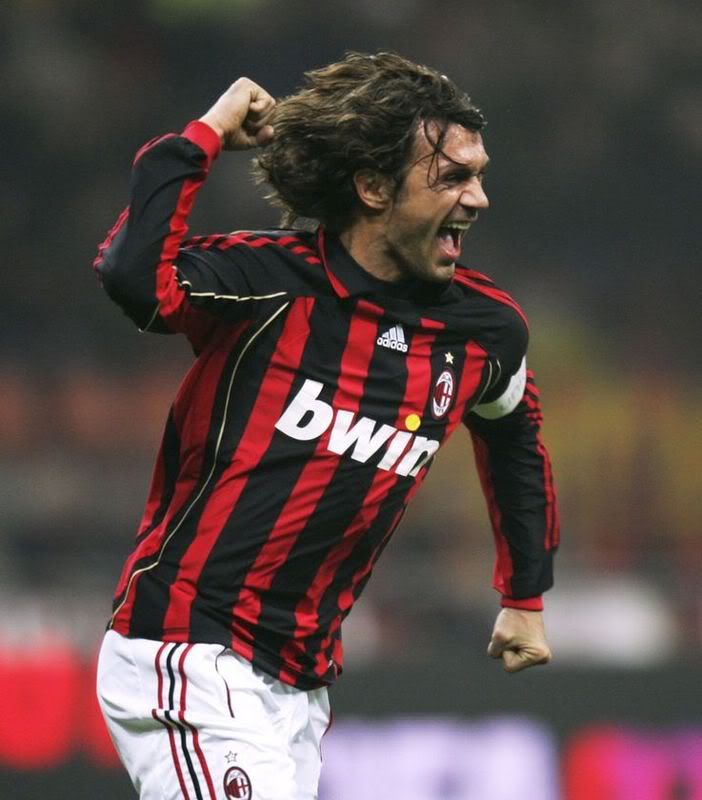The cynic in me wonders if Italian Prime Minister Silvio Berlusconi left fingerprints on the case. He owns nearly all of the country’s private media and as prime minister influences Italy’s public media. Berlusconi’s critics worry that he is pushing for greater control of the media by clamping down on the Internet.
 In other words Mr Blethen suspects that Berlusconi put pressure on the Milan Public Prosecutor’s Office and judges in order to have the three Google execs convicted.
In other words Mr Blethen suspects that Berlusconi put pressure on the Milan Public Prosecutor’s Office and judges in order to have the three Google execs convicted. Well, the Good Samaritan in me wonders if Ryan Blethen needs to be taken care of, to be nurtured with good thoughts and fine feelings, and above all with accurate information, to acquire a better knowledge and understanding of what he is talking about. In fact, he seems to know very little about Italy (life, Institutions, politics, recent history, etc.). He seems to ignore that Milan prosecutors are as much in love with Silvio, and have as good an opinion of him, as the devil loves the holy water and the hanged the rope…
But then again, perhaps Mr Blethen is better informed than it seems at first glance. Perhaps the truth is that he is just doing his job, which may sometimes require some “flexibility” in dealing with facts, opinions and personal beliefs. Of course I am not saying that he is trying to “rig the game” (not at all!), because I am sure he is “an honourable man,” as well as Rachel Donadio of the New York Times and Tasha Kheiriddin of National Post are “honourable women”—if I may quote my favorite playwright
After all, we must bear in mind that journalists and newspapers have the right to pursue and advocate their political preferences (provided they don’t claim to be “objective,” ça va sans dire…). And Mr Blethen is no exception: being a left-winger—he is “a strong supporter of all of the finest liberal causes, including gay marriage, a larger and more powerful government and ending global warming and climate change immediately,” as one of his critics wrote in a comment here—he has the right to fight the right-wing Prime minister of Italy.
In any case, nothing to do with the truth. Freely paraphrasing another of my favorite playwrights











